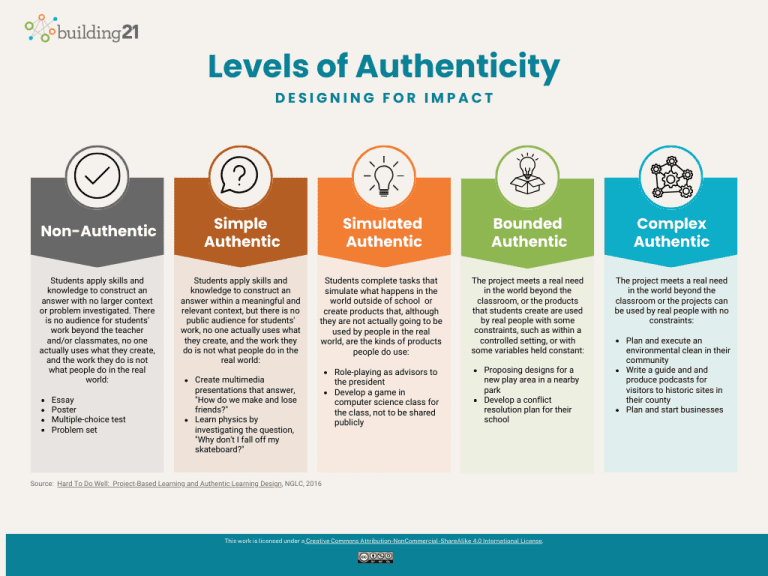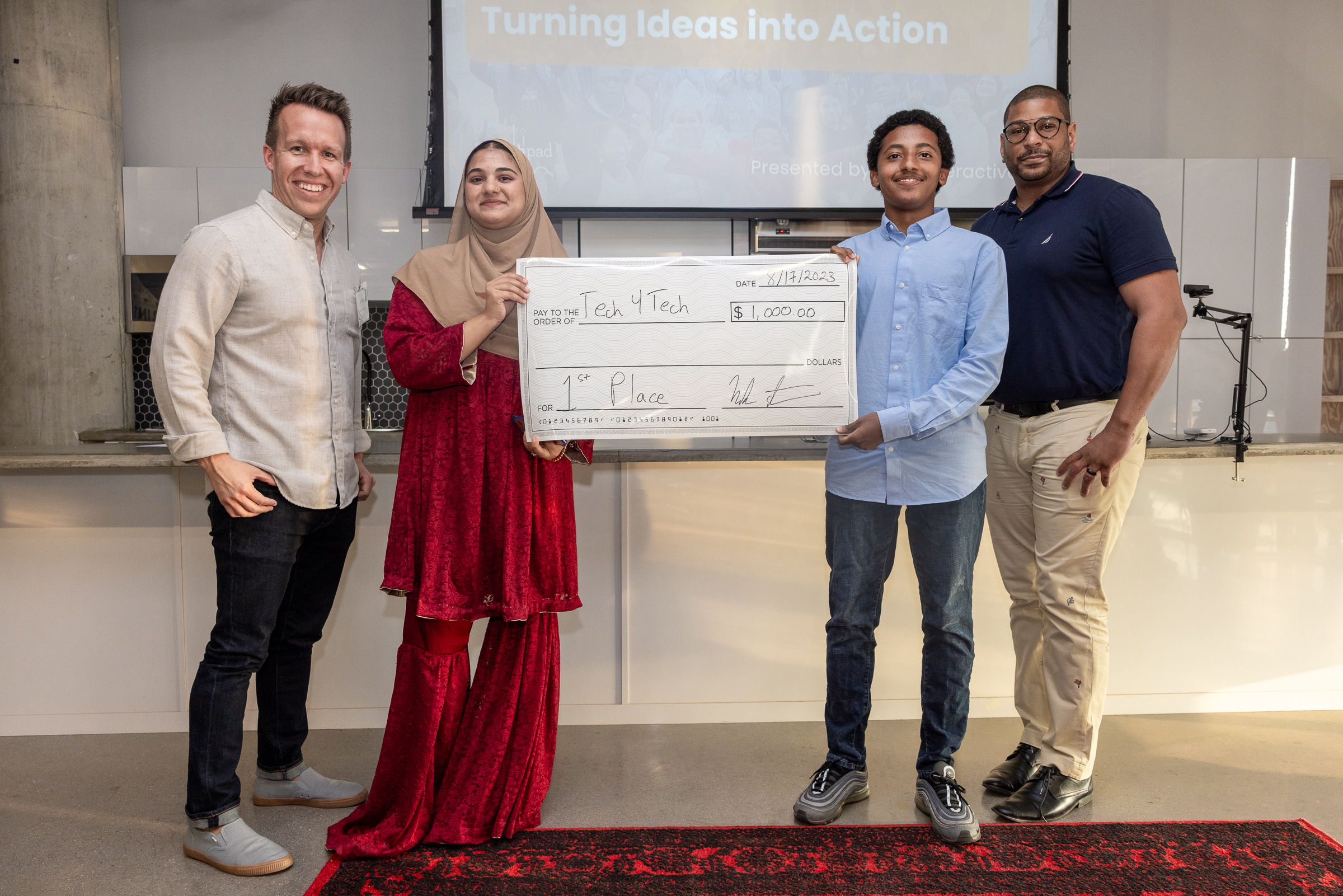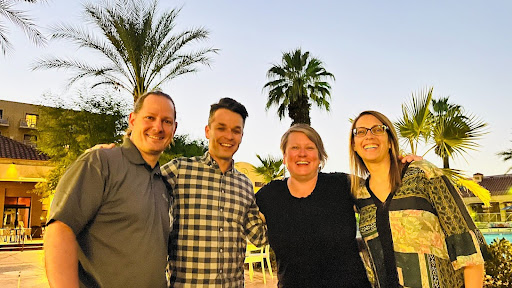Spotlight blogs celebrate excellence in our Learning Innovation Network. This Spotlight features a pitch competition in Launchpad, a workforce development program designed to support young Philadelphians interested in tech careers. Read on to find out how authenticity ignited a fire for student learning and inquiry.

“I want students to understand that writing has the amazing capacity to let us all contribute to a conversation that started before we were born and that will continue after we’re gone. Our writing will continue beyond us. Your location, your voice, your place, your community need to be a part of that conversation.”
Elyse Eidman-Aadahl, Executive Director of the National Writing Project
Location. Voice. Place. Community.
These four simple words added together prove that 1 + 1 + 1 +1 > 4. Honoring students’ geography, beliefs, where they call home, and the people who are part of all three is a hard-to-come-by alchemy. The team at Launchpad, a workforce development program in Philadelphia, Pennsylvania recently offered students the opportunity to explore all four in a project that culminated in a pitch competition called “Ignite.” Ignite exemplifies how competency-based education (CBE) can support workforce development programs.
What is Launchpad?
Launchpad is a “learn-and-earn” workforce development program that prepares students from traditionally underrepresented groups in Philadelphia for well-paying careers in tech. This first cohort is made of 35 students from 11 different high schools. The program starts in junior or senior year of high school and takes two and half years to complete. By the end of 12th grade, students can earn up to $4,000 by participating in Launchpad. After high school graduation, they will be paid a competitive wage as they move through a tech boot camp and gain professional work experience with Launchpad, Inc.

Authenticity: The Driving Force
Launchpad uses Building 21’s competency-based approach to learning for what they call “studio time.” Studios are 6-12 week problem-based units designed to assess competencies often across multiple disciplines. They begin with a problem frame; continue with opportunities to investigate, create, and revise; and culminate with an opportunity for impact.
When the Launchpad team first started designing their first studio for Launchpad 101, they designed it around a larger, hypothetical project, one that students often hear in a traditional school setting: imagine if you had X amount of dollars to solve a community problem. What would you do? The Learning Innovation Network team pushed the Launchpad team to consider ways to make the experience more authentic, for students to work on a problem they could actually solve, to have authentic impact. Ultimately, it was this authenticity that sparked the students’ interest in the project and sustained their creative fires.
What Is Authenticity?
Authenticity is related to purpose and audience. Why is the student demonstrating these skills and who are they demonstrating these skills for? There is a spectrum of authenticity, as seen below. There is no “good” or “bad” authenticity – the authenticity has to fit the project’s needs. The bigger question instructional designers need to ask themselves is where are there opportunities for students to experience higher levels of authenticity in the curriculum?

What’s unique about Launchpad’s Ignite project is that it begins as Bounded Authentic in the summer, in Launchpad Foundations, when students:
- Identify a community they are a member of.
- Form a group of students that are interested in working with the same community.
- Conduct interviews with community members and online research to better understand community problems.
- Brainstorm tech-enabled solutions and build a one-pager to explain their solution and share their key result for measuring success.
- Develop a five-minute pitch.
- Practice and present their pitches with industry partners.
- Participate in a program-wide pitch competition where the top six teams compete in Ignite, a pitch competition, in front of judges, community members, and family members. Three teams earn cash prizes to support their project development.
This bounded authenticity paves the way for complex authenticity in the following semester, where students build and implement their tech solutions to community-based problems.
Problems Are Welcome
Authentic projects are structured around solving real problems. Launchpad students can’t just create a video game because they like video games; the game must help solve a problem in their community. Nick Imparato, Launchpad’s High School Program Director, said, “We wanted to ensure that students felt a clear connection that the tech skills that they were learning had the potential to create a positive impact in their community, that tech skills don’t just have to be used to make a profit.”
Students identified problems ranging from gaming addiction to the bus being late to the teen mental health crisis. In order to help focus their problem frame and highlight authenticity, students needed to create proposals in a one-pager format where they succinctly described the problem, the community, their research, and their solution. Here are some examples:
- Latinos in Philadelphia: a website in English and Spanish that connects Latinos in Philadelphia to resources related to healthcare, housing assistance and language comprehension.
- Launchpad B.T.S.: TikTok campaigns to recruit for Launchpad and to help current students feel more connected.
- 8 Wheels for 2: a website that updates skateboarders know the cleanliness and state of equipment at skateparks around Philadelphia.
Using CBE in a Workforce Development Program
According to the America Succeeds’ Durable Skills Fact Sheet 2021, the number one skill employers are looking for are communication skills. The Building 21 Competency Framework offers students multiple ways to evidence communication acumen in skills such as Communicate Effectively and Manage and Resolve Conflicts.
The Launchpad team designed Ignite around the Present to an Audience competency, which asks students to:
- Introduce the presentation.
- Present findings and supporting evidence.
- Customize the presentation for the specific purpose, context, and audience.
- Use presentation aids.
- Use language and body movement effectively.
- Give an effective conclusion.
During preparation for Ignite, students practiced rating themselves, classmates, and exemplars on their pitches multiple times. This process not only helped work out the pre-pitch jitters, it helped students become more familiar about how the continua works. Since students first demonstrated skills in Present to an Audience in the spring, they had solid information on their strengths and areas for growth.
It’s Showtime - Ignite!
The highlight of the Launchpad Foundations experience is the Ignite pitch competition, where students present their tech-based solutions in front of judges, community members, and family. Because there wasn’t enough time for all 14 teams to pitch in front of a live audience and judge panel, the Launchpad staff decided to hold runoff rounds during the week. The top six teams competed in Ignite, but everyone’s one-pager was featured via a QR code in the program distributed to all guests at the event.
The quality of the final pitches is a testament to the authenticity and dedication instilled in students throughout the program. Dannyelle Austin, Executive Director of Launchpad said, “What was so amazing to see is the amount of growth that students achieved in just a short amount of time. Students inspired me and others around them with their compelling pitches and creative visuals. In their pitches, you could see the passion and connection that students felt to the community and to the problems they identified in that community. Launchpad is truly preparing the next generation of tech leaders, creators, and innovators.”
See highlights from the Ignite pitch competition below.
One student reflected on the value of the intersection of personal interest and academics. They said, “I enjoyed the pitch project the most because it was very beneficial to learn more about my passion and to do research on it.”
Next Steps
The next step is for students transform their pitches into projects they will actually create and share with the world. First, they take online courses to dive more deeply into their tech solutions. Then, students build their tech-based solution to a community problem, get feedback, and share it with their chosen communities. Stay tuned for a follow-up blog post where we’ll share the final results!
As the dynamic Launchpad team plans for the next iteration of Ignite this summer, their goals include:
- Securing more sponsorships.
- Gaining wider publicity.
- Expanding the prize pool.
- Encouraging students to consider project options outside of websites, such as video games, data walls, virtual reality and augmented reality.
- Supporting students in designing more advanced features into their projects.
Launchpad is not just a workforce development program; it’s a transformative journey for students, where they learn the true power of authentic learning. Location, voice, choice, and place are integral parts of programming. By addressing real community problems with tech solutions, Launchpad students become agents of change and contribute to a conversation that transcends zip codes. This innovative program is a testament to the fact that workforce development, when authentic and community-driven, has the potential to forge a better future for everyone.
Author

Heather Harlen is an instructional coach and designer for Building 21’s Learning Innovation Network. She is proud to have spent over twenty years in the classroom and was a founding team member of Building 21 Allentown. You can contact Heather at heather@b-21.org.



